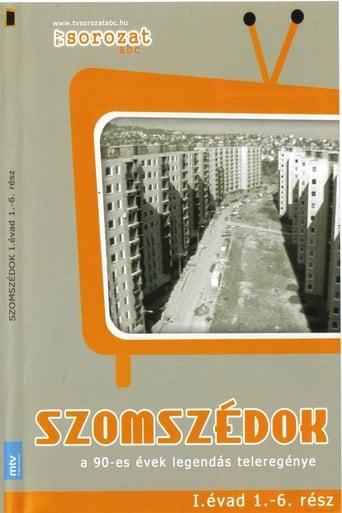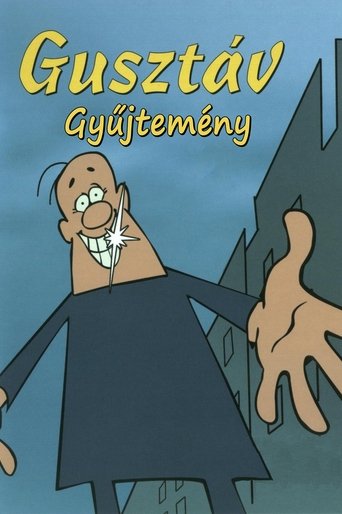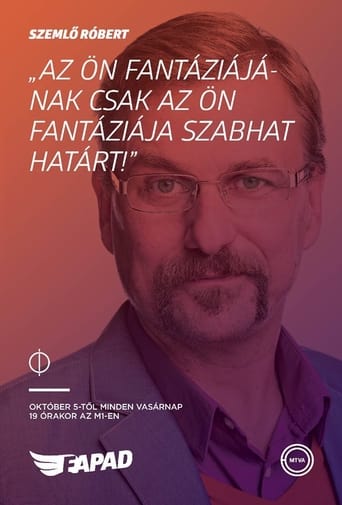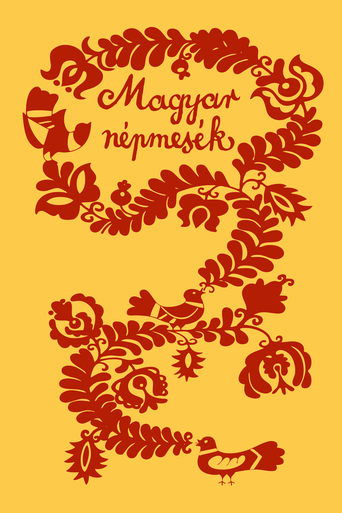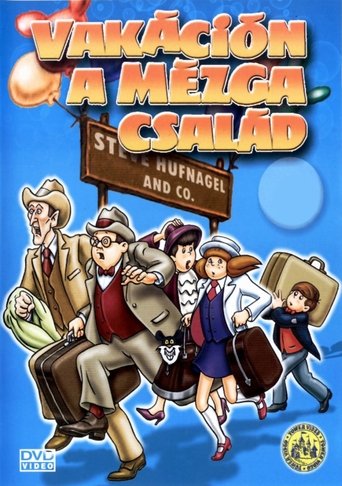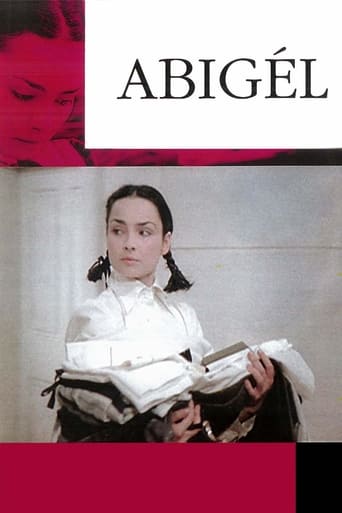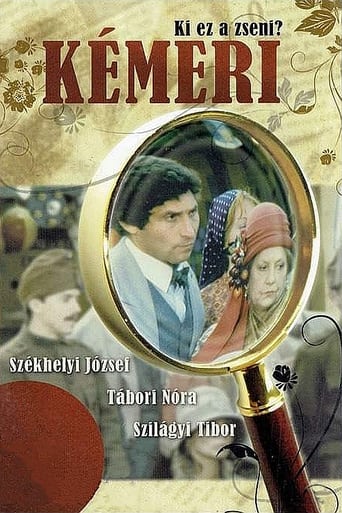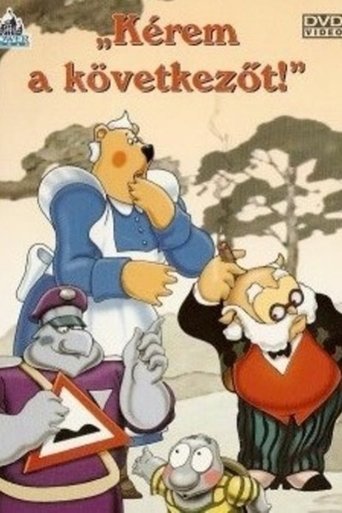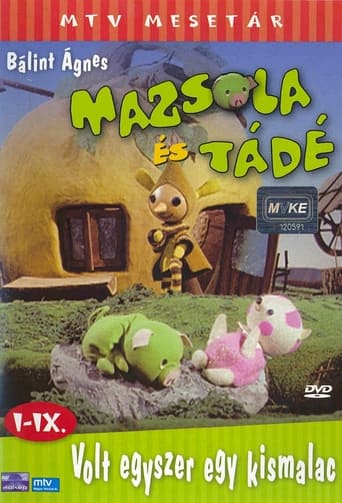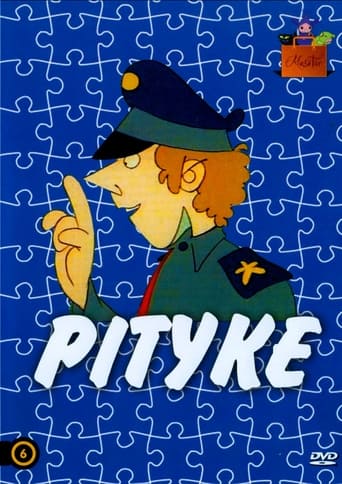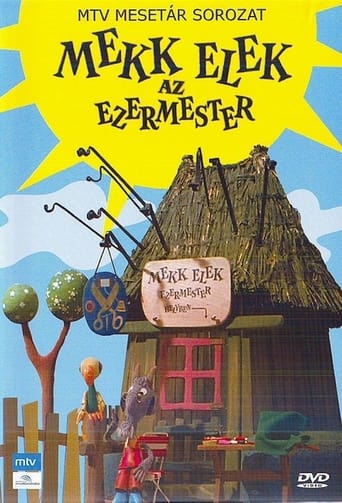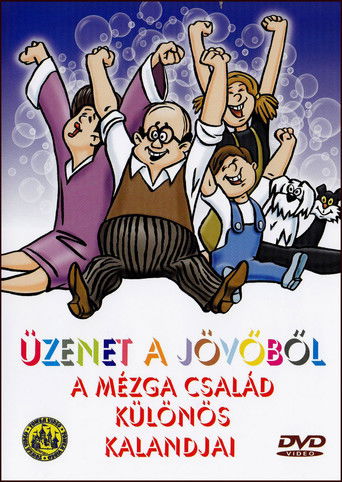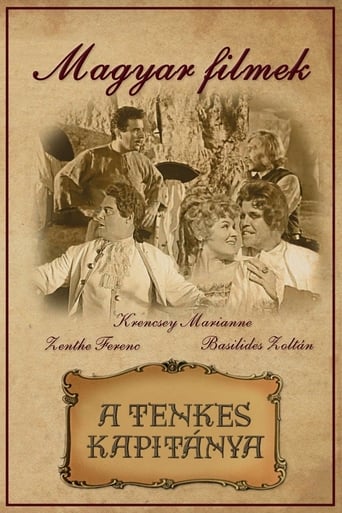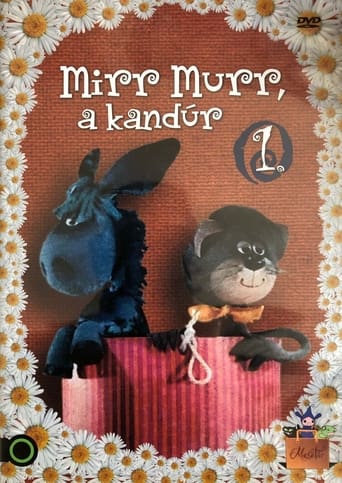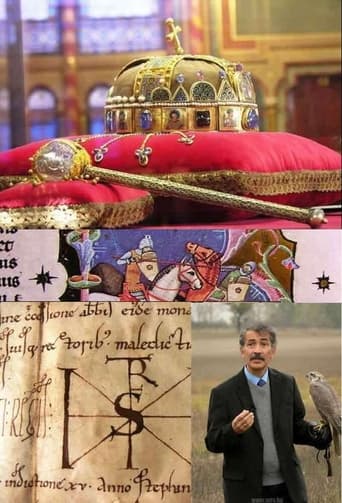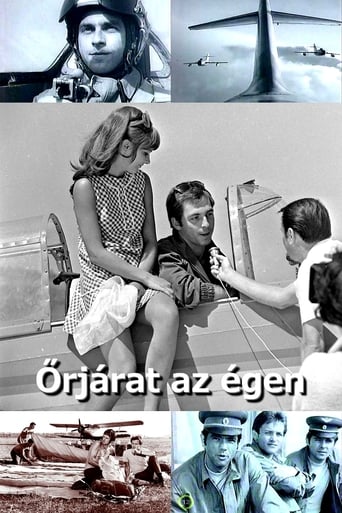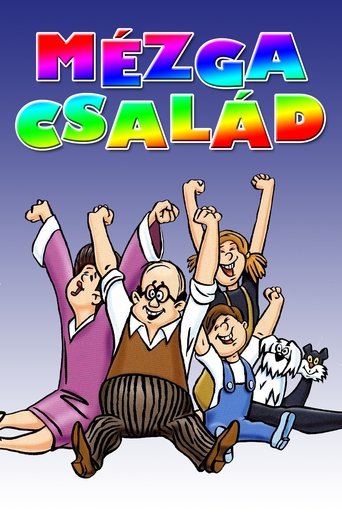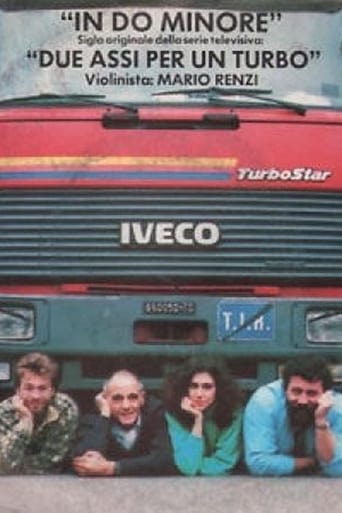Kisváros 1993
A Kisváros egy színes, 195 részes magyar akciófilm-sorozat, ami 1993–2001 között futott a Magyar Televízióban. A történet középpontjában egy, a valóságban nem létező határmenti kisváros, Végvár áll. Ebbe a városba érkezik Hunyadi főtörzs, hogy a Határőrség akciószázadát kiképezze. A sorozat a rendőrség és a határőrség határmenti bűncselekmények ügyében való nyomozások terén történő együttműködését mutatja be, minden epizód egy-egy önálló történet, a kiemelt főszereplőkké később Járai rendőr őrnagy és beosztottja, Balogh Máté zászlós válnak. A sorozat jeleneteinek jelentős részét Szigetváron, valamint a bucsui és a bozsoki határátkelőnél forgatták. A sorozatot az MTV-n kívül 2002 táján a Hálózat TV is vetítette, a teljes sorozatot az m1 2007. június 8. és 2008. március 31. között ismételte, 2009. június 1. és szeptember 18. között ismét leadta, de akkor csak a 21. résztől a 157. részig a 156/I-II. rész kihagyásával, 2011. szeptember 5. és szeptember 30. között ismét leadta, de csak az 1. résztől a 25. részig, 2011. október 3-tól 2012. június 1-ig a Duna Televízió folytatta a sorozat ismétlését a 21. résztől a 195. részig, majd 2012. június 11. és 2013. február 11. között a Duna World is műsorra tűzte, szintén a 21. résztől a 195. részig. 2013. január 4. és március 8. között péntekenként a hajnali órákban az m2 is műsorra tűzte a sorozatot, de csak a 21. résztől a 30. részig adta le. 2013. június 17-től ismét műsorra tűzte a Duna Televízió a 21. résztől.

